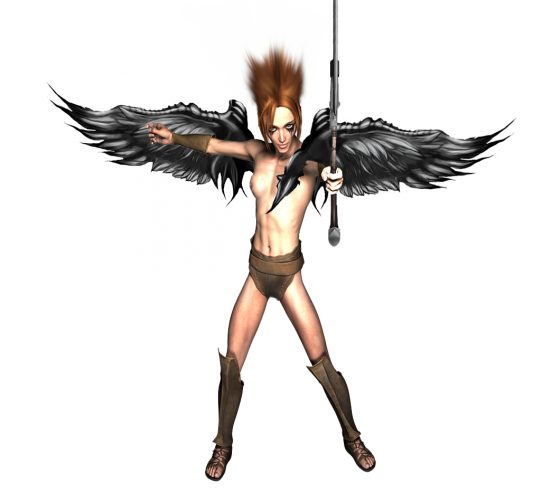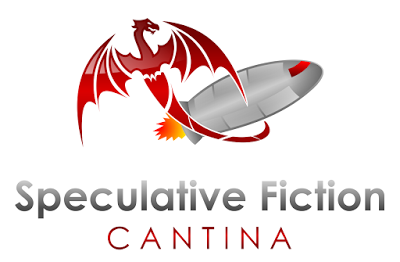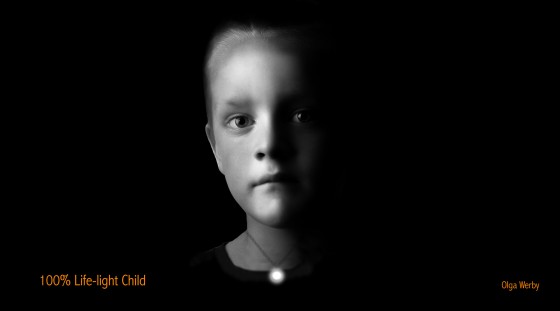Olga Werby
Olga Werby, Ed.D., has a Doctorate from U.C. Berkeley with a focus on designing online learning experiences. She has a Master's degree from U.C. Berkeley in Education of Math, Science, and Technology. She has been creating computer-based projects since 1981 with organizations such as NASA (where she worked on the Pioneer Venus project), Addison-Wesley, and the Princeton Review. She conceived, designed, and illustrated the award-winning "Field Trips" series of programs distributed by Sunburst Communications. Olga has a B.A. degree in Mathematics and Astrophysics from Columbia University. Olga currently teaches interaction design and cognitive theory at the American University in Paris and the University of California at Berkeley Extension Program. She was part of the faculty of San Francisco State University's Multimedia Studies Program, the Bay Area Video Coalition, and the campus of Apple Computers. Olga is a member of the Association for the Advancement of Computing in Education. She also holds a California teaching credential and is part of the San Francisco Unified School District where she often tests science-related curriculum materials in public elementary and middle schools.







